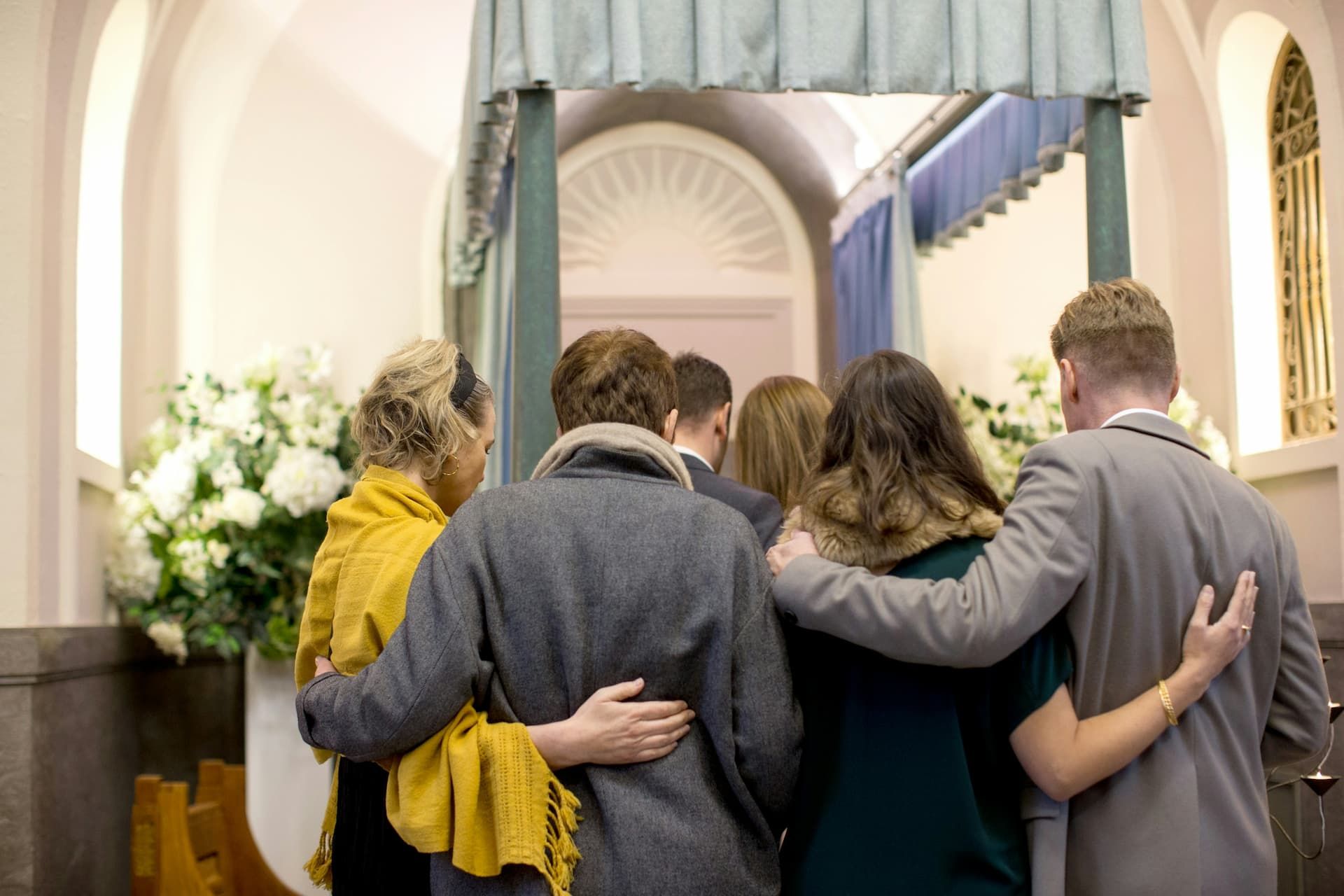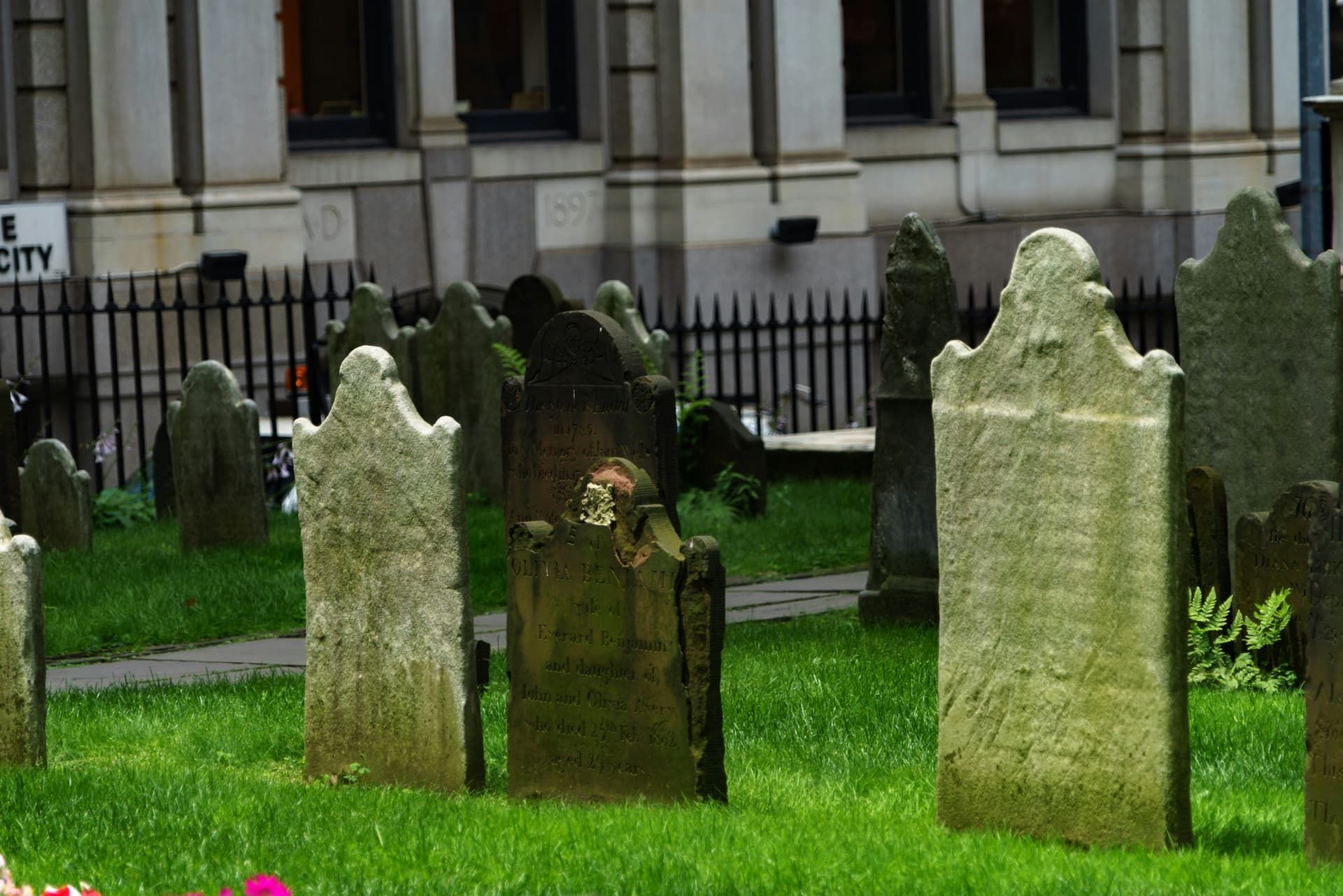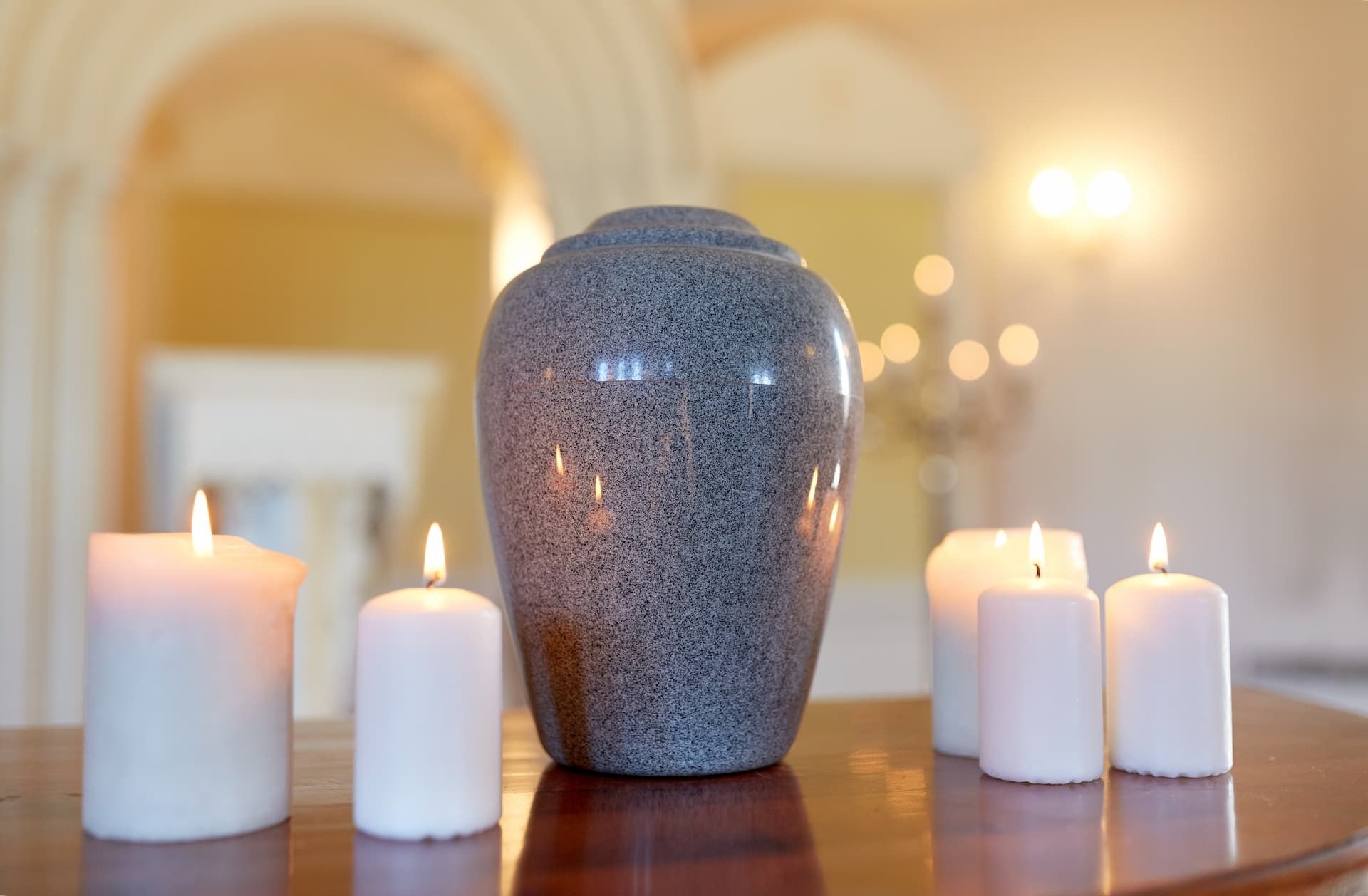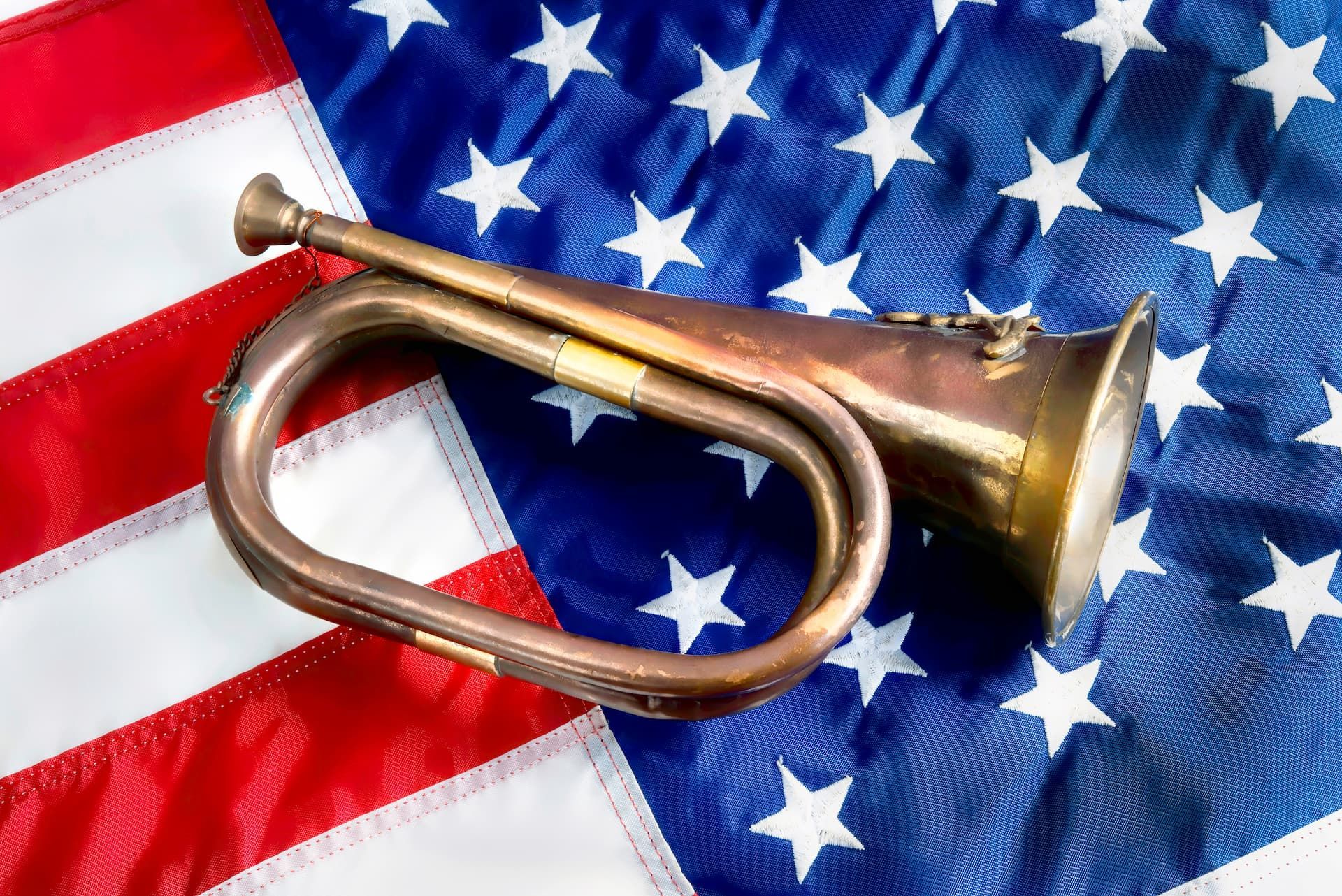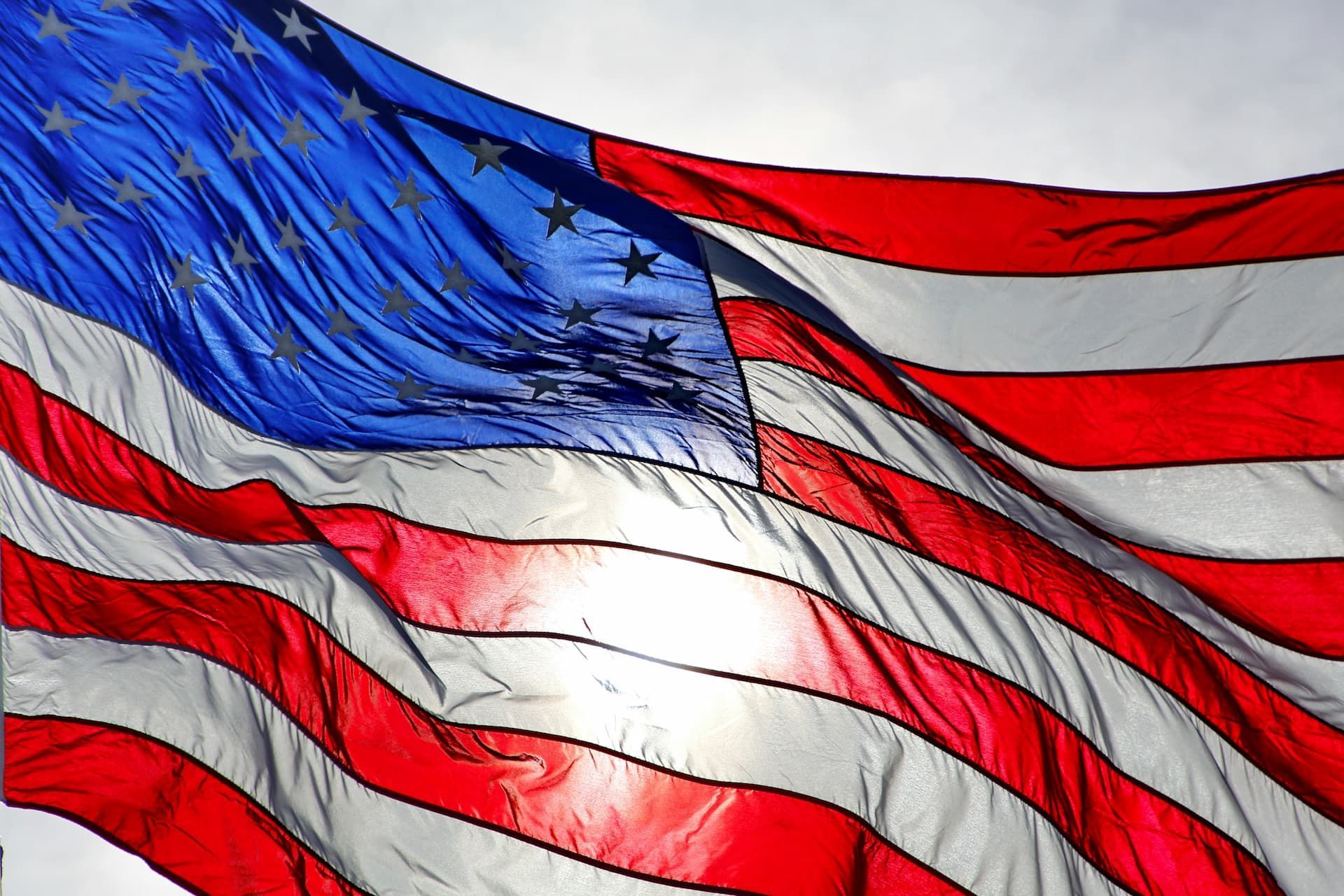Death, Grief and a Funeral Director
Death and grief can be traumatic and life altering. Death of a loved one and how we cope with it is important. The grief process can only start with viewing and being able to face the reality that a person we loved is not coming back to us. Every single person handles grief in a different way. I strive for a individual or a family to a have a chance to see a loved one and start the process of moving forward after a death by saying “goodbye” and facing the reality that the death has happened. As a funeral director, I believe my three main goals are: to use as much time as it takes to make a viewing of their deceased loved one the best it can be; to make the service as personalized in rememberance of the deceased and for the family; and to get a family or an individual moving forward in the grieving process.
The 5 stages of the grieveing process are: Denial and Isolation, Anger, Bargaining, Depression, Acceptance.
The way we handle death starts at a early age. Some of us may have lost a mother, father or someone very dear to us at very early age. Many parents shelter their children from death, dying, the grieving process and funerals in general. I have talked with many children over the years. Some parents aren’t sure how to go about talking with children about death. The one thing I don’t do is make up stories or sugar coat anything when talking about death and dealing with death to a child. Kids understand more then we think.
For example, there was a four year old boy who was at the funeral home to view his 2 month old sister that had died. His mother was worried about this little boy because of a previous death and funeral recently. I suggested that the family introduce him to me when they came to funeral home. I met this little dark haired boy wh had a smile that just warmed your heart. We talked about what happened to his sister and talked about why we were at the funeral home. He understood a lot of what was going on and I gave him a coloring book that described what was going to happen over the next several days. I told the family to read the book to him and I believe they did. On the day of his sister’s service, I was keeping a eye on him because I told him if he had any questions to ask. I was looking around for him and could not find him. I went to the private room at the church where the family could be with the baby, and when I walked in the minister was standing in the room and there was a smiling 4 year old boy with his hand on his sister’s chest just patting her. After he was done he went back to the dining hall of the church where the majority of the family was gathering.
The next day the family came in to funeral home to get some items from the service. There came this smiling little dark haired boy with chocolate all over his face. I asked him to go ask my co-worker to help him wipe his face. Off he went and my co-worker informed me after the boy had left with his family, this little boy asked, “Do you miss my sister?”, my co-worker replied, “I did not get to meet your sister.” This little boy just looked up with his dark brown eyes and replied, “I miss my sister.” This was very emotional, but yet rewarding, that this child grasped and learned about death and what a funeral was all about.
With adults, grief can take control of our lives and lead us in downward spiral if we have not learned how to handle it. As adults, we use different alternatives to mask the grief, even alcohol and drugs. Believe me, I was one of them when my mother died. It is so important that if you have trouble with grief that you go talk to a someone that can help, perhaps a therapist or grief counselor. As a funeral director, sometimes trying to help an adult does more damage then good. A lot of the time, adults are in the anger stage of the grief process and hang on to the anger and don’t move to the next stage until after a funeral and sometimes not at all.
Everyone handles grief differently. As funeral directors we just hope we have provided the family the best personalized service for their loved one. Having a personalized service and being able to view our loved one is a great step to moving forward and not backwards.
If you need help with grief, please call someone to talk to about it or ask your local funeral director of someone or somewhere to call.

